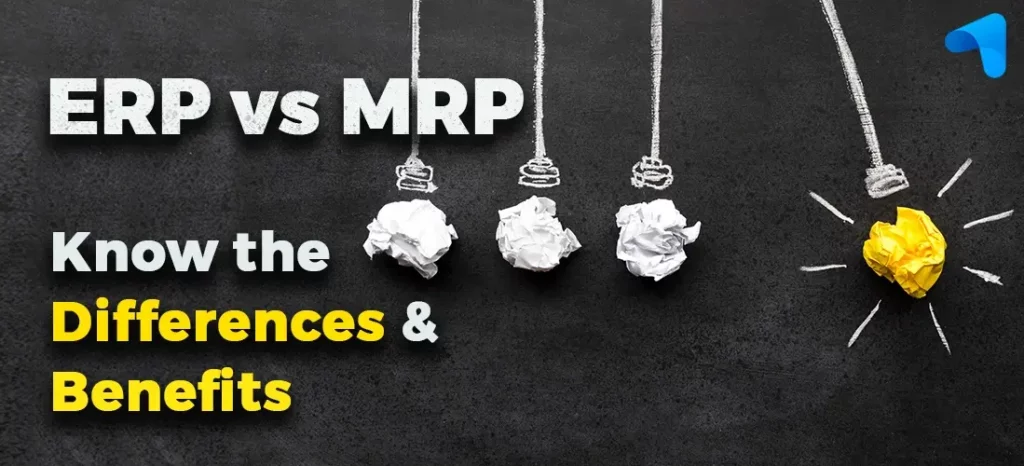What Are ERP Implementation Mistakes And How To Avoid Them?
Common ERP Implementation Mistakes To Avoid
Implementing a new ERP system can be a daunting experience for businesses, but it can also prove to be the most profitable decision when done correctly. The introduction of any new system in an existing business environment can be a challenge at first but eventually, the pieces do fall into place and help run the business more efficiently. Let’s look at some common mistakes businesses make while implementing an ERP System and how you can avoid them for a successful implementation:
1.Incorrect or inefficient planning
Plan, then plan again, and then plan some more. To set your business for success, the ERP implementation takes thorough planning. To plan well, it is essential to collect information and requirements well before implementing the ERP System. Post information gathering, it is crucial to evaluate your internal processes, build the plan as per that and make it a priority to avoid the risk of major setbacks in the later stage of the implementation.
2. Migrating relevant data
When switching over to a new ERP System, managers must be cautious of the data they need to feed into the new system. It can be an overwhelmingly lengthy process as project managers must choose from historical and current information to import. The ideal project managers maintain high standards of clean and relevant data that help analyze data for accuracy and reveal gaps in the processes.
3. It isn’t an overnight implementation
Businesses must know, before the implementation of a new ERP System, that it isn’t an overnight magic potion for businesses. It takes time to correctly implement an ERP System, and sometimes, businesses face hang-ups and delays even after correctly planning. Project managers must set realistic expectations, take a methodical approach, and not under or overestimate time frames, costs, and plan for delays.
4. Choosing the right system for your business
Do you have the resources to manage an on-premise ERP System or does your business environment prefer a cloud-deployed ERP platform? Or does it favor neither?
Choosing the right deployment model for an ERP System is as crucial as introducing it to your business. On-premises require IT Teams to maintain smooth functioning, cloud-based ones require just an internet-ready device and connection and a hybrid provides some features from both.
5. Not having a maintenance strategy
You’ve successfully implemented the ERP System and now there’s no strategy to maintain the system. Any software without a proper maintenance strategy post-deployment runs the risk of becoming obsolete quickly. They also are an invitation to a host of other problems by outdated systems. Hence project managers must include a maintenance strategy in their initial planning to avoid future risks.
Successfully implementing an ERP system is probably one of the most complex tasks a business takes up but yet it is the most rewarding as it streamlines projects across all departments making it a smooth functioning and profitable venture for businesses. To avoid the above-mentioned mistakes, businesses can approach experts. Read about how to choose the best SAP partner here.
You can also reach out to us, we have trained and qualified resources to successfully implement an ERP system. Not only that, our implementation services are dynamically designed to be delivered across the world. PTS Systems and Solutions also have post-deployment ERP Support, enhancement, and so many more solutions to fit any ERP requirements by your business.
Connect with us today on +91 9029 968 387 / +91 22 2087 0275 or send an email at info@ptssystems.co.in to get a tailored and the best business solution!
👁 277 Views




